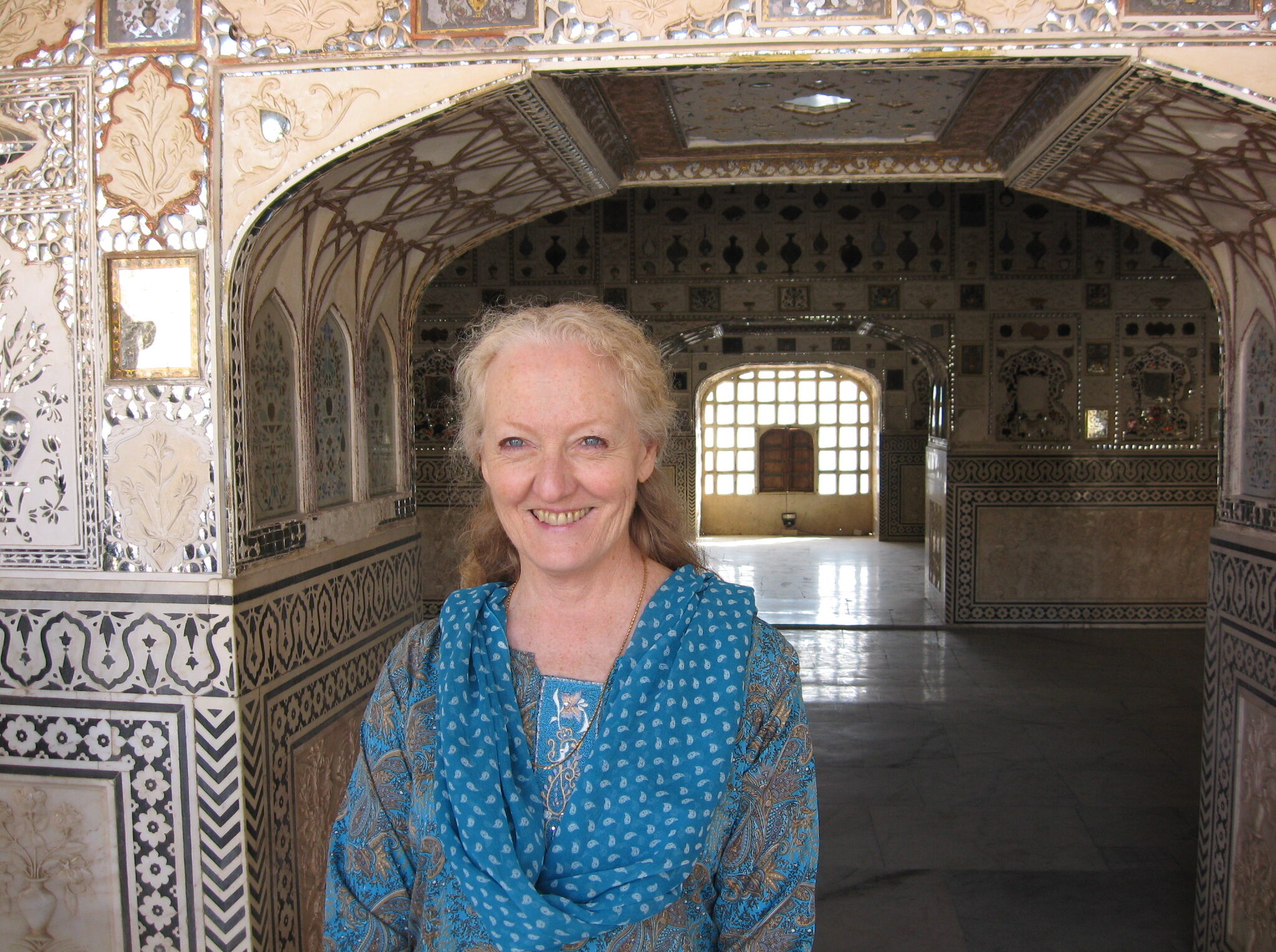This is an excerpt from a book I am currently writing:
Although this book focuses on the differences women and men experience in training our egos along gender lines, I want to make clear that the biggest factor needing attention is the mental structure behind this training. There are many clear biological differences between males and females. Only women bear children. Men are usually physically stronger. Our capabilities are inherently skewed differently.
This variability is not a problem, in and of itself. The challenge that faces us as a species and as individuals lies in the framework by which we define worth. For quite some time, in most cultures and religions, there are massive inequalities in what we define as having value that tend to fall along gender lines. In most cultures and nearly all religions, women are framed as objects owned by men – somewhat like cattle or houses. But this is representative of a deeper value system going on. There is what could be called a “Power-over” mentality that shows up not just in gender pools. Corporations are seen as entities with “rights” equal to or greater than the individual humans who populate and sustain them. Financial “entities” are granted assistance that human individuals are denied. Governments claim the right to own their citizens, and control them accordingly. Individuals (usually men) who have money are seen as not only more privileged, but superior in every way to those who have less.
This “power-over” mentality leads to oppression and suppression of what could be considered the feminine, if we define feminine as being the values of cooperation, nurturance and respect for all life. That which is soft, yielding and which loves. This is not just a gender-based value-system, but it is true that women have been recognized to harbor these values at a deeper level simply due to our inherent gender differences, and it is true that women have been debased as a gender along these lines. Being soft or yielding is construed as being weak. Emotions are relegated to an inferior role as less than mental acuity. An authentic expression of grief or sadness is discounted as a “pity party”. When someone cries, it may be that they are “just feeling sorry for themselves”. It may also be that they are giving vent to genuine grief, needing expression.
These sorts of judgments are made by both men and women, but decry the full range of our existence and capabilities. Emotional intelligence has gone missing for the sake of intellectual. IQ is defined as the basis for all intelligence, and only that which is logical is deemed of any worth. An intuitive, heart-centric way of life is considered frilly at best; stupid by some.
What needs to change is for the sake of both men and women. This is not about replacing men with women in positions of power. It is about changing the entire power matrix to disallow power-over oppression – under any condition or by any excuse. No living entity can be seen as “less-than” in the matrix of life for us to have the profound shift we need in our consciousness to heal what ails us as a species at this time.
